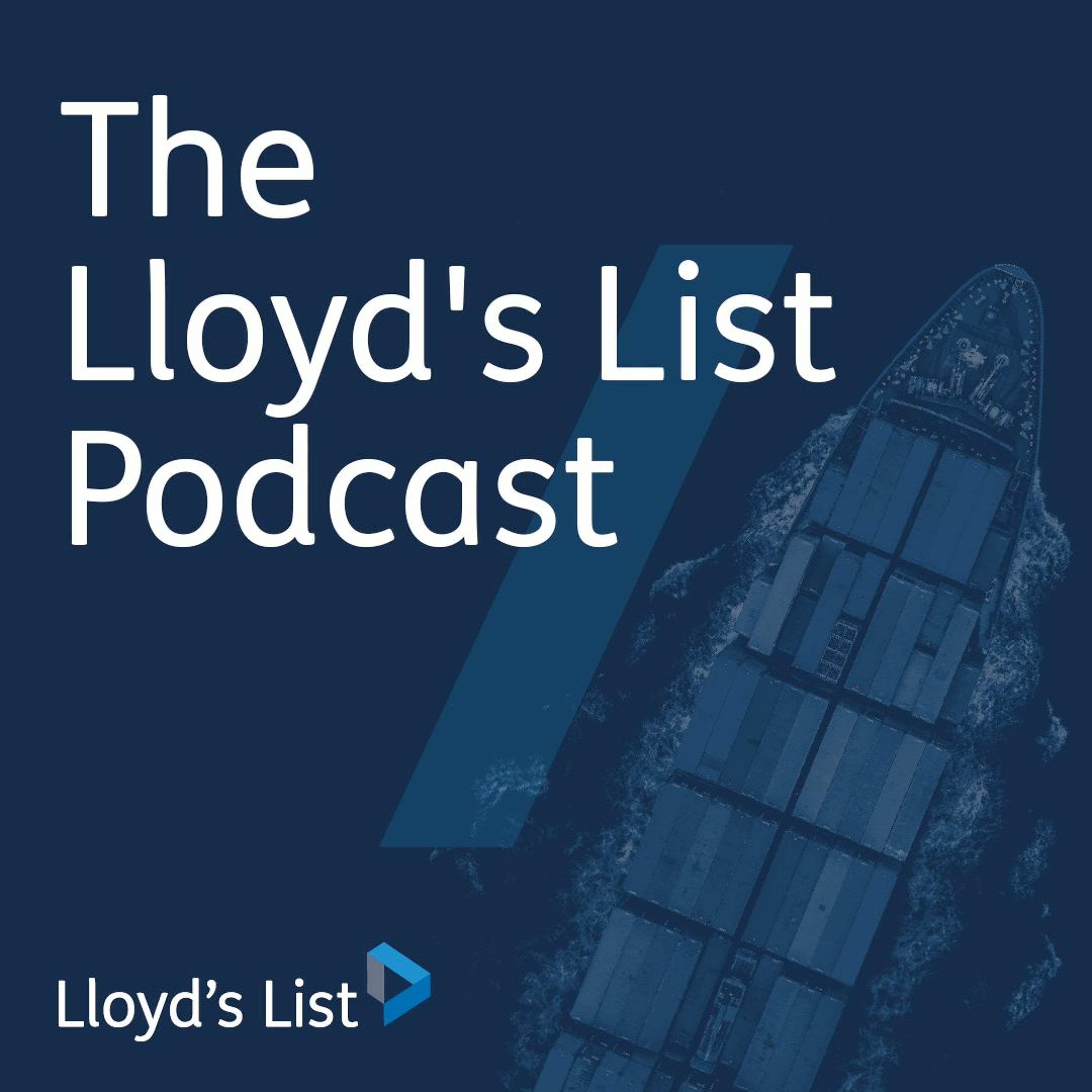
The Lloyd’s List Podcast: Where does shipping fit into the EU Net Zero Industry Act?
Lloyd's List: The Shipping Podcast
Shownotes Transcript
EUROPE launched its much anticipated response to the US Inflation Reduction Act (IRA) this week and while it is not a shipping specific move there are significant implications for shipping. The Net Zero Industry Act essentially sets out plans to turbocharge the production of clean energy technologies across the EU, while enticing more green investment to the bloc, and reducing member states' reliance on imports from China and other nations. The Act sets out measures to speed up the permits process and boost power grid infrastructure and it includes domestic production targets for eight industries, including solar, wind, batteries and electrolysers. But not shipping. However there are important considerations for shipping, not least the fact that it aims to accelerate the use of CO2 capture and storage and improve conditions for investment in net-zero technologies. The headline target of the proposed regulation is a goal for 40 per cent of the bloc's demand for a raft of "strategic" clean technologies to be met with products, services, and materials sourced within the region by 2030. So this is about Europe competing with the US and China. Brussels’ response to the IRA has involved loosening subsidy rules to keep companies in the region. It also wants to curb its dependence on China for much of its green industry supply chain and create jobs domestically. On the podcast this week, Sotiris Raptis, the secretary general of the European Community Shipowners’ Association joins Lloyd’s List editor Richard Meade to discuss what all this means for shipping and why we should care about how the final details are worded.